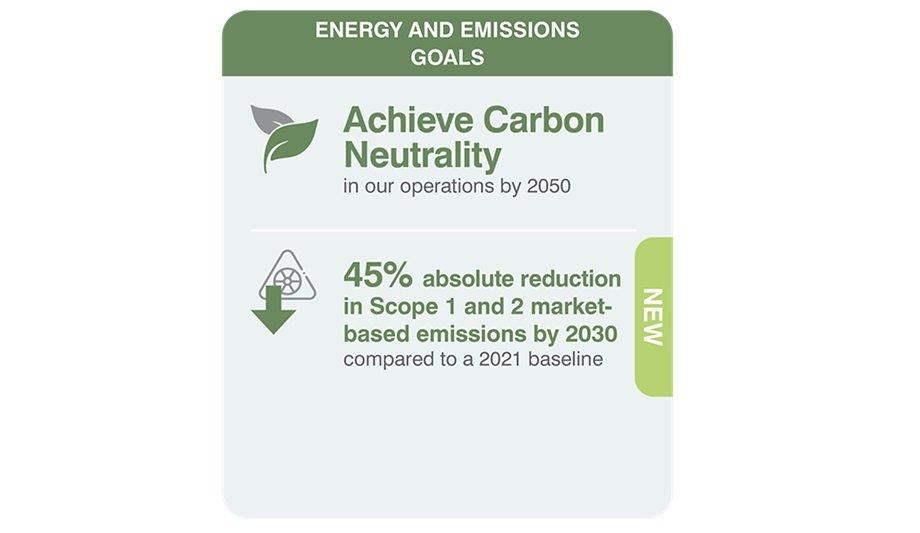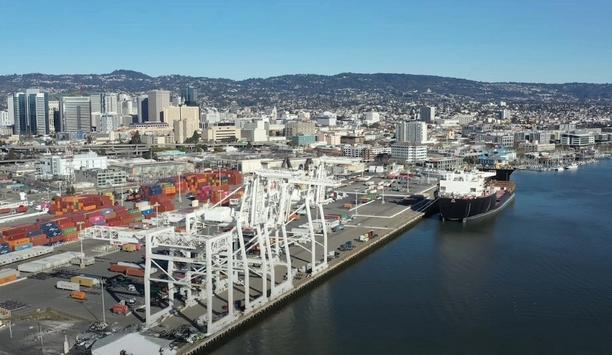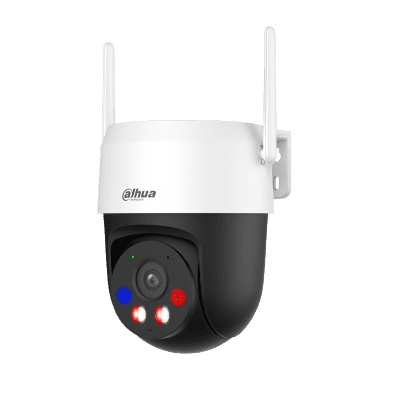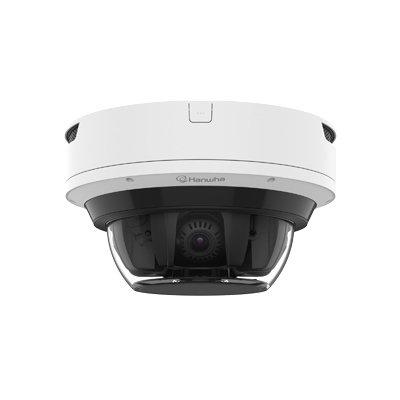Sensata Technologies has established a new near-term goal supporting environmental sustainability and aims to achieve a 45% absolute reduction in Scope 1 and 2 market-based emissions by 2030 compared to the 2021 baseline.
The new goal is in addition to the Company’s long-term goal to achieve carbon neutrality in its operations by 2050.
Energy and Emissions
As outlined in Sensata’s 2022 Sustainability Report, Energy and Emissions are one of the Company’s key material topics, in addition to Diversity, Equity and Inclusion, and Responsible Sourcing.
The new goal to achieve a 45% absolute reduction in Scope 1 and 2 market-based emissions by 2030 compared to a 2021 baseline is consistent with climate science and supports the Paris Agreement in pursuing efforts to limit the global temperature increase to 1.5°C above pre-industrial levels.
Reduce GHG emissions
Sensata also expects to exceed its 2023 goal to reduce Scope 1 and 2 market-based GHG emissions intensity
In 2021, Sensata committed to achieve carbon neutrality in its operations by 2050 and reduce Scope 1 and 2 market-based greenhouse gas (GHG) emissions intensity per $1 million in revenue by 10% by 2026, from a 2021 baseline.
The Company exceeded this goal ahead of schedule in 2022, achieving a 10.7% reduction in emissions intensity. Sensata also expects to exceed its 2023 goal to reduce Scope 1 and 2 market-based GHG emissions intensity by five percent compared to 2022.
45% emission reduction
“Our markets and consumers are seeking solutions in electrification, and we are responding with innovative technologies and impactful new products,” said Sensata Technologies CEO and President, Jeff Cote.
“We are making consistent progress with annual reductions in market-based emissions, and we are supporting customers that have set their own goals to reduce emissions in their supply chains. However, we recognise the need to do more and our new goal for 45% absolute emissions reduction in Scope 1 and 2 market-based emissions by 2030 reflects our continued commitment to a more sustainable future."
Path to Carbon Neutrality
The Company’s renewable energy roadmap, designed to accelerate carbon neutrality
The new goal builds on Sensata’s long-term goal to achieve carbon neutrality in its operations by 2050.
The Company’s renewable energy roadmap, designed to accelerate carbon neutrality, includes projects to improve the energy efficiency of operations and reduce greenhouse gas emissions, among other initiatives.
Renewable energy
As nearly 90 percent of total energy consumption occurs at its manufacturing facilities, Sensata is incorporating renewable energy into its portfolio.
The Attleboro headquarters, Engineering Center in Hengelo, Netherlands, and Unit 7 and 11 buildings in Antrim, Northern Ireland are powered 100% by renewable electricity via sourcing from local utility providers, and the Company plans to procure additional renewable energy credits at other sites.
Energy Efficiency Playbook
In 2023, on-site solar panel projects were completed at facilities in Plovdiv, Bulgaria, and Malaysia
In 2023, on-site solar panel projects were completed at facilities in Plovdiv, Bulgaria, and Malaysia. Additional panels will be added at the site in Malaysia, and panels will be installed at Sensata’s Botevgrad, Bulgaria location in 2024.
As part of its Energy Efficiency Playbook, Sensata continues to evaluate opportunities including LED lighting, upgrades of HVAC, and other systems as well as working with energy providers to identify opportunities for bundled renewable energy supply, where available.
Multipronged approach
As climate change accelerates the need for decarbonising the planet, these actions are part of a multipronged approach toward environmental sustainability and complement Sensata’s overall strategy to provide solutions in electrification.
Additionally, to bolster supplier engagement in sustainability, Sensata launched two supplier sustainability surveys in 2023, a Recycled Content Survey and a Climate Change Survey as suppliers play a significant role in reducing upstream greenhouse gas emissions associated with Sensata’s solutions.




















